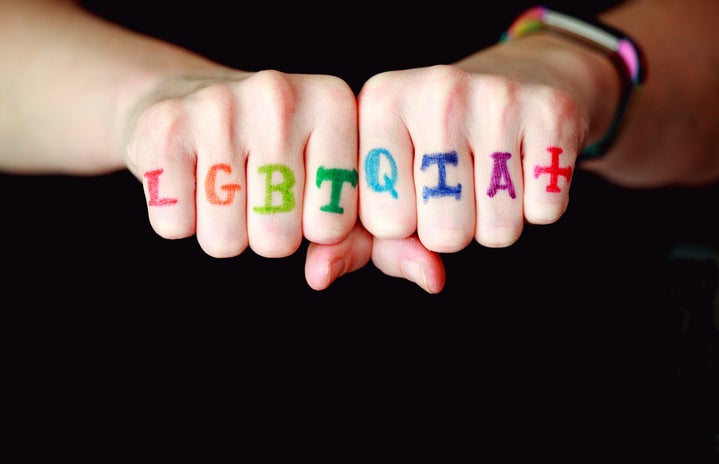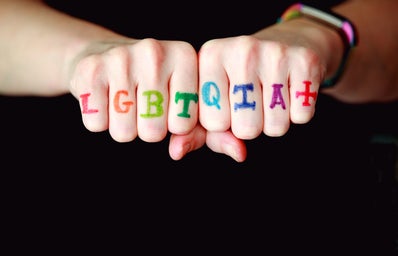Scotland recently announced that the teaching of LGBTQIA+ education would be compulsory in their schools. This means that they are the first country in the world to do this; the first country in the world to recognise on the political stage the importance (albeit necessity) of inclusive education for our younger generation. I am not sure if I can fathom words as to just how this would have made members of the community – in Scotland and elsewhere – feel. I cannot read through any more synonyms of ‘happy,’ ‘thrilled,’ ‘noticed,’ before shaking my head in disapproval at how no word quite lives up to my reaction. Amongst the elation, however, there is a soft disconcerted buzz that in the year 2021 we only have one country in the world that is willing to do what some would describe as the bare minimum. Now, a month after this news was released, I invite us to reflect on how far here we England in have come, and how far we have to go.
It was hardly long ago that our government actively made the teaching of LGBTQ+ issues illegal. In 2003, Section 28 (a piece of legislation which banned the ‘promotion of sexuality’ in schools) was repealed. However, the social and political effect it handed to our community cannot simply be eradicated from the law, showing that removing a ban without enforcing mandatory teaching still leaves cause for concern. To this day, for example, 40% of LGBTQ+ pupils in Great Britain have never been taught anything about their own community’s issues, and almost half (45%) are being bullied for their sexual identity.
It is this statistic, this 45%, that truly highlights the necessity for same sex education in schools. Without an education system that teaches everything for everyone, non-straight students inevitably are ‘othered.’ Not only do the students that are being catered for then lack an understanding of identities different to them, but those with said identities can lack an understanding of themselves. This is a dangerous place to expect our young people to comfortably sit in.
However, can we trust the people in power to sit them elsewhere? Prime Minister Boris Johnson has had 16 opportunities between 2001 and 2019 as an MP to vote for the progression of LGBTQ+ rights in the House of Commons. He has chosen to be absent for 13 of those. In 18 years, the Prime Minister that we, as a society elected, has actively shown disinterest for the better of the wider community.
It may be imperative to mention that England legalised gay marriage in 2013. Scotland legalised it in 2014. One can only hope that the roles have reversed, and we are only one year (or better yet sooner) behind them towards a just curriculum. As Paul Twococks, the Chief Executive at Stonewall, aptly states, “we owe it to the next generation to ensure our schools are a place where all children and young people can be themselves.”

